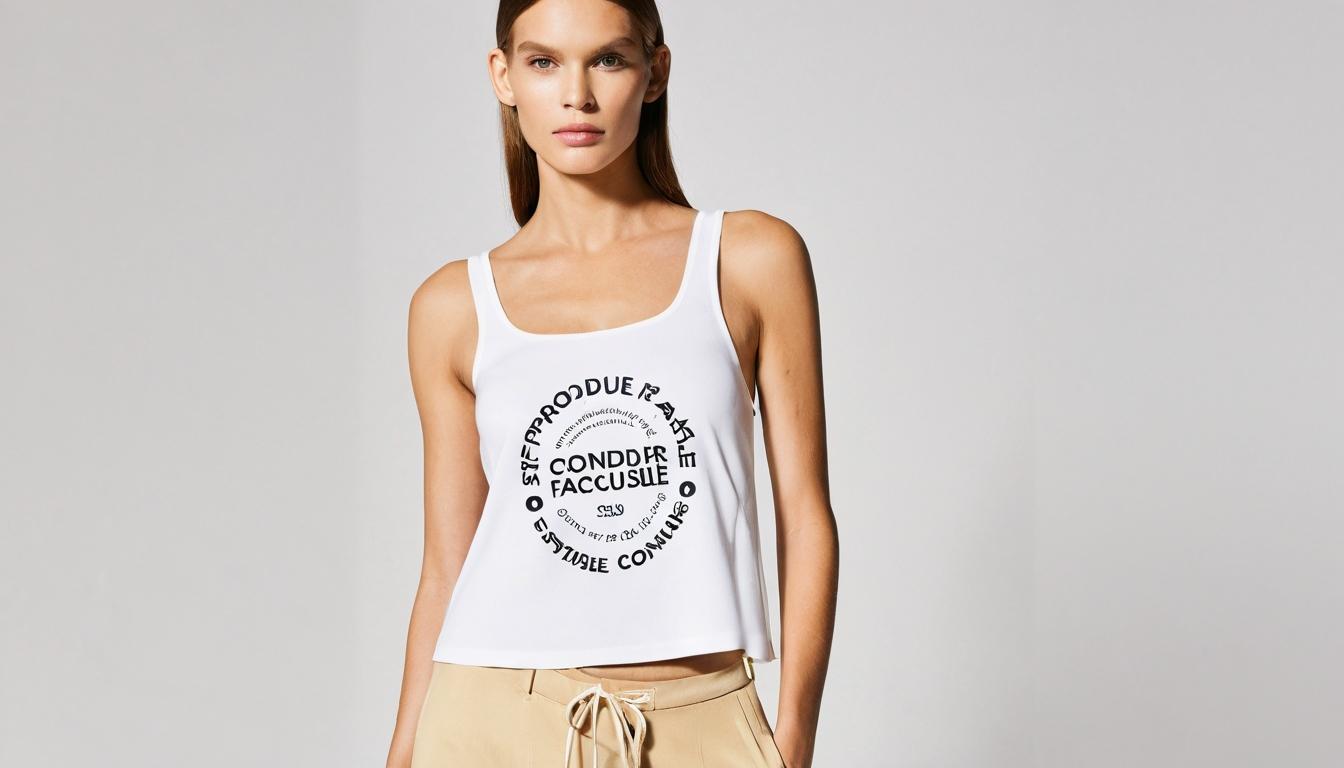There's a revolution happening in the fashion industry, and it's not happening on the runways of Paris or Milan. It's happening in the laboratories where scientists are developing mushroom-based leather alternatives, in the factories where workers are demanding fair wages, and in the closets of consumers who are asking uncomfortable questions about where their clothes come from. For decades, sustainability was fashion's dirty little secret—something everyone acknowledged but few addressed with any real commitment. That's changing faster than a trend cycle.
Walk into any major luxury boutique today, and you'll notice something subtle but significant. The sales associates aren't just talking about craftsmanship and heritage anymore; they're explaining traceable supply chains and recycled materials. Gucci now offers repair services for its products. Stella McCartney has been proving for over two decades that luxury and ethics can coexist. Even fast fashion giants are launching "conscious" collections, though critics argue this is more marketing than meaningful change.
The real shift isn't just about materials—it's about mindset. A new generation of designers is building entire business models around circularity. Brands like Marine Serre are creating collections where 50% of the pieces incorporate upcycled materials. The RealReal and Vestiaire Collective have turned resale into a multi-billion dollar industry, challenging the notion that fashion must be new to be desirable. This isn't just niche anymore; it's becoming mainstream economics.
What's driving this change isn't purely altruistic. Consumer behavior has shifted dramatically since the pandemic. People are buying less but better quality items. They're researching brands' environmental policies before making purchases. A recent study found that 73% of millennials are willing to pay more for sustainable products. Luxury brands, once insulated from such concerns, are realizing that their future customers care deeply about these issues.
Technology is becoming fashion's unexpected sustainability ally. Blockchain is being used to trace garments from raw material to retail. 3D printing is reducing waste in sampling. Companies like Bolt Threads are creating lab-grown materials that mimic silk and leather without animal or environmental harm. The most exciting developments are happening where fashion intersects with science—creating possibilities that didn't exist five years ago.
Yet significant challenges remain. Greenwashing—where companies make misleading sustainability claims—is rampant. The industry still operates on a model of overproduction, with millions of unsold items destroyed annually. The complexity of global supply chains makes true transparency difficult. And sustainable options often come with higher price tags, making them inaccessible to many consumers.
The most promising developments are coming from collaborations that would have seemed unlikely a decade ago. High-fashion houses are partnering with material science startups. Competitors are sharing sustainability research. Even governments are getting involved, with France passing legislation against destroying unsold goods and the EU developing stricter regulations around textile waste.
What does this mean for the future of fashion? We're likely to see a bifurcation—brands that genuinely embrace sustainability will thrive, while those that treat it as a marketing tactic will struggle. The definition of luxury is expanding beyond craftsmanship and exclusivity to include responsibility and innovation. The most coveted items of tomorrow might be those with the smallest environmental footprint rather than the biggest logo.
This quiet rebellion is reshaping fashion from the inside out. It's not about sacrificing style for sustainability, but finding ways to make beautiful clothing that doesn't cost the earth. The most fashionable thing you can wear today isn't a particular color or silhouette—it's the knowledge that your choices are part of a larger solution.
The quiet rebellion of sustainable fashion: why luxury brands are finally listening

